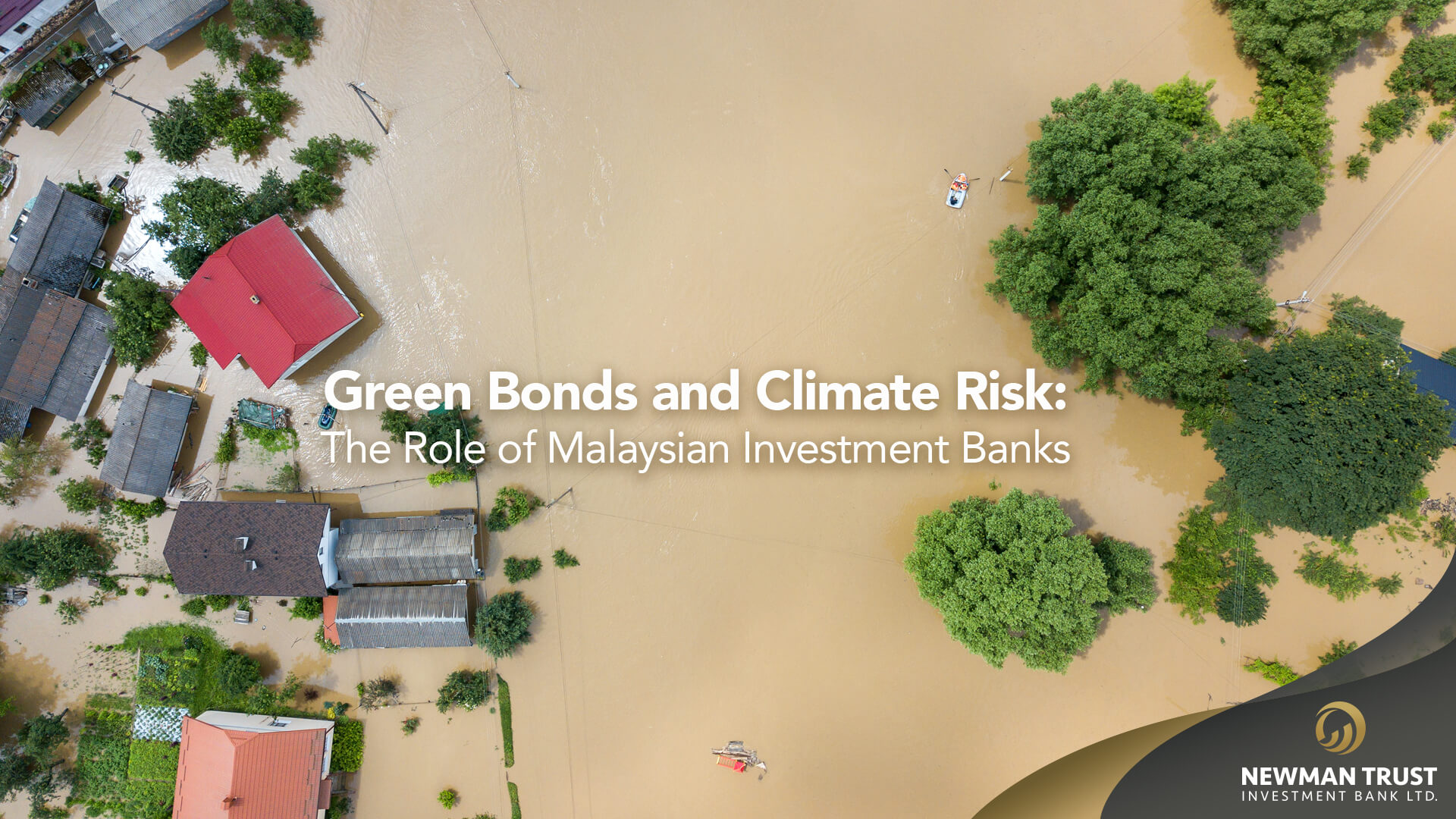As Malaysia approaches 2025, the nation’s economic landscape is poised for significant transformation. The Malaysian Institute of Economic Research (MIER) projects a Gross Domestic Product (GDP) growth rate between 4.5% and 5.5% for the year, reflecting a blend of optimism and caution. (Source) This forecast underscores the importance of strategic policy implementation, technological innovation, and effective management of both domestic and global challenges.

Fiscal Reforms and Policy Implementation
A cornerstone of Malaysia’s economic strategy is the implementation of comprehensive fiscal reforms aimed at enhancing economic inclusivity and ensuring sustainable growth.
The government’s commitment to fiscal discipline is evident in its efforts to reduce the fiscal deficit from 4.3% of GDP in 2024 to a projected 3.8% in 2025. (Source) This reduction is anticipated to be achieved through a combination of subsidy rationalization and tax reforms.
One significant policy shift involves the restructuring of fuel subsidies. Currently, Malaysia allocates approximately 80 billion ringgit annually to subsidies, with a substantial portion directed towards RON95 gasoline. Starting mid-2025, the government plans to implement targeted subsidies for gasoline, a move expected to save about 8 billion ringgit annually. (Source)
In tandem with subsidy reforms, the government intends to broaden the scope of the Sales and Services Tax (SST) to include commercial services, non-essential goods, and premium imports such as salmon and avocados. This expansion is projected to increase revenue by 5.5%, reaching 339.7 billion ringgit in 2025. (Source)
Technological Advancements and Economic Diversification
Embracing technological innovation is pivotal for Malaysia’s economic diversification and resilience. The development of the digital economy, particularly in regions like Johor, is attracting significant investments from global tech giants such as TikTok, Nvidia, and Microsoft. These investments are transforming Johor into a burgeoning data center hub, leveraging its strategic location and resources. (Source)
Additionally, the government’s MADANI Economy framework emphasizes structural reforms and the adoption of advanced technologies, including artificial intelligence, to boost productivity and competitiveness. This approach aims to position Malaysia as a leader in the digital economy within the Southeast Asian region. (Source)

Managing Global Economic Uncertainties
Despite the positive outlook, Malaysia remains susceptible to global economic fluctuations. External factors such as geopolitical tensions, trade dynamics, and global inflation trends pose potential risks to the nation’s economic stability. The government acknowledges these challenges and is implementing measures to mitigate their impact, including diversifying export markets and enhancing domestic economic resilience.
Malaysia’s economic prospects for 2025 are marked by a strategic balance between optimism and prudence. The government’s proactive fiscal reforms, commitment to technological advancement, and vigilant management of global uncertainties are central to achieving the projected GDP growth. However, the success of these initiatives hinges on effective policy implementation and the nation’s ability to adapt to evolving economic landscapes.
As Malaysia navigates this complex economic journey, the collaborative efforts of the government, private sector, and citizens will be instrumental in realizing a prosperous and sustainable future.
***Disclaimer: This article is provided for informational purposes only and is not intended as any form of financial, investment, legal, or other professional advice. Before making any investment decisions, it is recommended that you seek advice from financial, investment, and legal professionals to consider your individual financial circumstances and risk tolerance. Neither the author(s) nor the publisher(s) shall be liable for any loss or damage whatsoever arising from or in connection with the content of this article, including but not limited to direct, indirect, incidental, punitive, and consequential damages. Investing in the stock market and other financial markets involves risks, including the loss of principal. Please conduct your own due diligence and consult with a qualified professional before making any investment decisions.







